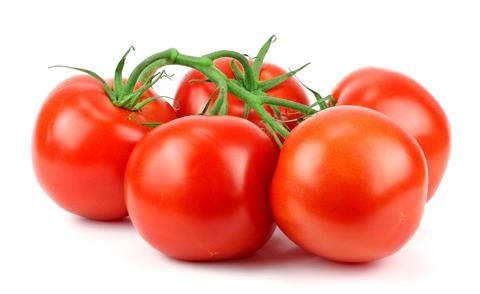Swedish retailer teams up with Swedish Growers Association to develop 10ha facility that will ultimately supply 8,000 tonnes of tomatoes per year

Swedish retailer ICA has revealed it plans to source more locally grown tomatoes later this year from a new greenhouse facility west of Stockholm.
The group said it was investing “heavily” in the 10ha production centre in in Frövi, near Lindesberg, in collaboration with Svenska Odlarlaget, the Swedish Growers Association.
The facility will use waste energy from nearby industry for its heating and is expected to supply 8,000 tonnes of tomatoes per year. Its first harvest is scheduled for autumn 2024.
The investment should enable ICA to increase the proportion of Swedish-grown tomatoes in its central supply all year round, and therefore enhances Sweden’s self-sufficiency in fresh produce.
“We want to contribute to strengthen the Swedish food supply and our investment in Swedish tomatoes is an example of how we can do that,” commented Eric Lundberg, CEO of ICA Sweden.
“The investment means that we undertake to increase responsibly the supply of Swedish tomatoes. It benefits both the environment and long-term sustainable Swedish agriculture, while at the same time meeting consumer demand.”
According to a Sifo survey conducted by ICA and LRF in May 2023, there is strong demand among Swedish consumers for food produced in the country.
The research suggests around half regard homegrown products as a way to reduce dependence on imports, while one-third see it as a means to “strengthen Sweden’s preparedness”.
But a large proportion of Sweden’s tomato supply is imported each year. ICA said it wanted ultimately to offer consumers Swedish-grown product for twelve months of the year.
“Our goal is always to offer Swedish in season always,” said Jonas Andersson, business area manager for fruit, vegetables and flowers. He revealed that ICA had increased the proportion of Swedish-grown vegetables in its range by 5 per cent over the past year.
“Today, around 60 percent of our vegetable assortment is from Sweden. Through the collaboration with the Swedish Growers’ Association, we are taking another big step forward in this work.”



